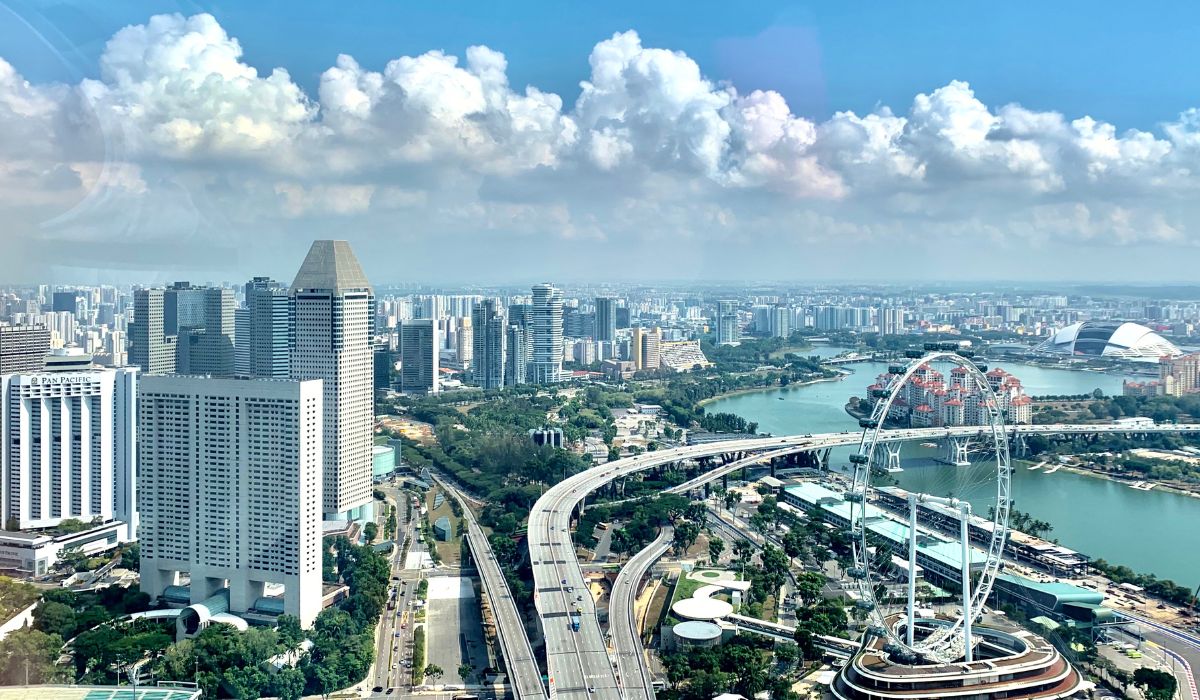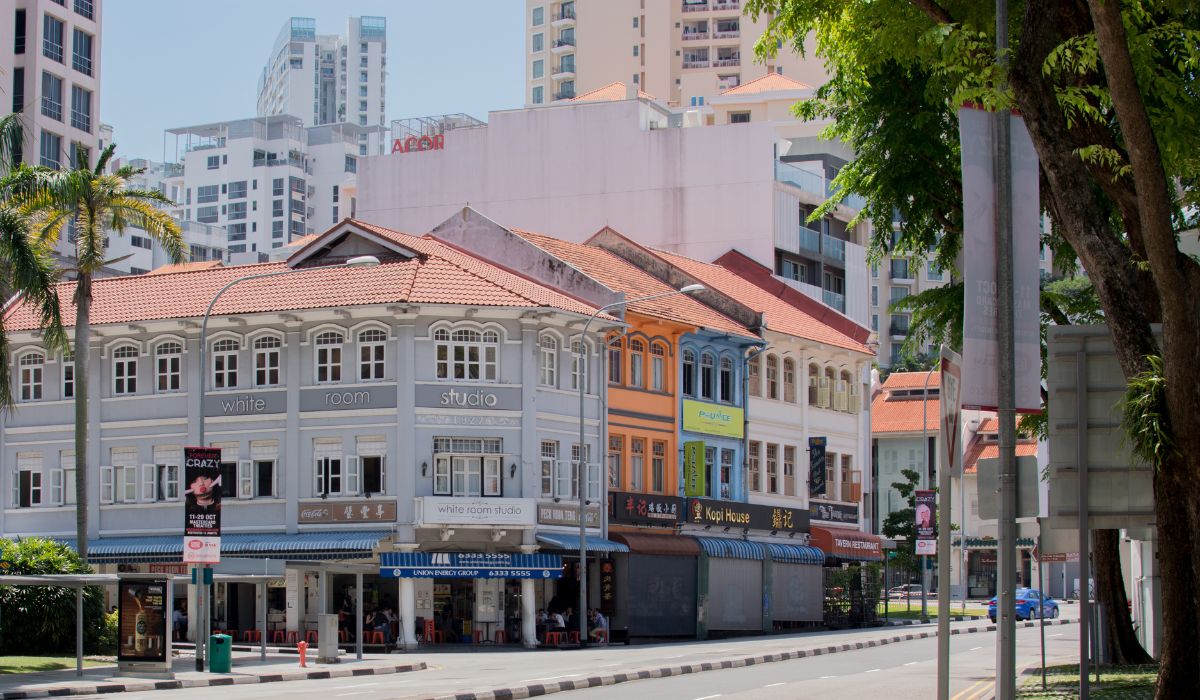Households must have funds for emergencies, says MAS
The Monetary Authority of Singapore (MAS) said in its annual financial stability review that the country’s households have positively navigated the challenges posed by increasing interest rates.
Despite the rising costs of living and debt servicing burdens, the household sector has showcased resilience.
More from OMY: Survey reveals shift in Singaporeans’ inflation expectations, DBS and SMU find
MAS conducted stress tests which revealed that the majority of households facing mortgage refinancing are positioned to handle elevated monthly repayments.
The regulatory body credited the implementation of tighter home loan limits in 2022 for sustaining financial prudence among homebuyers amid the heightened interest rate climate.
The third quarter of 2023 saw a substantial increase of 7.6% year-on-year in household sector net wealth, surging to S$2.7 trillion (US$2.02 trillion). This growth was driven by consistent expansions in liquid assets and residential property values.
While the personal saving rate experienced a slight dip from 35.1% in 3Q2022 to 34.6% in 3Q2023 due to amplified spending on travel and domestic retail, MAS noted that this remains notably high.
“Looking ahead, households should continue to ensure that they have sufficient funds to handle emergencies,” MAS said.
Assessing the credit quality of housing loans, MAS confirmed their resilience despite a significant transmission of higher interest costs.
The ratio of non-performing housing loans remained low at 0.2% as of 3Q2023, with the ratio of mortgage loans in arrears staying generally stable.
The incidence of foreclosed homes remained minimal, numbering at 27 so far for the year.
MAS anticipates that borrowers set to refinance in 2024, especially those on existing fixed-rate loan packages, may face increased mortgage rates. However, stress tests indicate that even under conservative estimations of higher interest rates and potential income loss, the majority of these borrowers are expected to sustain their mortgage repayments adequately.
Additionally, MAS observed a slowdown in Singapore’s private residential property market, signalling a moderation in price increments and a stabilisation of transaction activities to pre-COVID levels.
The growth rate of property prices decelerated from a robust 11.4% year-on-year in 1Q2023 to a more tempered 4.4% year-on-year by 3Q2023. Meanwhile, the volume of private home transactions dipped approximately 15% year-on-year in the same period, affecting both new sales and resales.
Foreign interest in Singapore’s private homes surged, doubling from around 3% in 2021 to over 6% in 4Q2022 and 1Q2023 following the relaxation of travel restrictions amid the pandemic.
However, the imposition of market cooling measures in April caused a decline in foreign demand, reducing it to about 4% of total transaction activity for the year 2023.
Notably, the additional buyer’s stamp duty for foreigners purchasing any home in Singapore doubled to 60% during this round of measures.
Rental rates continued their increase but at a slower pace, experiencing a 0.8% quarter-on-quarter increase in 3Q2023. This growth represents the smallest quarterly uptick since the close of 2020, said MAS.
The regulatory body anticipates a further weakening of rental pressures due to the expected completion of a substantial number of homes between 2023 and 2025—nearly double the quantity finished between 2020 and 2022.
The Monetary Authority of Singapore (MAS) also issued warnings for increased risks within the global financial system due to persistent high-interest rates and underlying vulnerabilities from the pandemic.
MAS highlighted the potential of geopolitical tensions and climate change to swiftly transform into substantial threats to financial stability.
“In particular, an escalation of the Israel-Hamas conflict or Russia’s ongoing war with Ukraine would pose further downside risks to the conjuncture,” MAS pointed out.
The authority also raised concerns about the impact of a significant slowdown in China resulting from its challenges in the property sector, potentially exerting additional pressure on the global economy.
“Households have managed the transition to higher interest rates well thus far, cushioned by income growth and accumulated savings. Income growth was underpinned by strong labour market conditions,” stated MAS.
However, it anticipated a moderation in nominal wage gains due to slower economic growth and uncertainties in the global macroeconomic landscape.
Because of these challenges, MAS advised borrowers to maintain prudence and safeguard their financial buffers to shield them against possible shocks.
More from OMY: GST Increase In 2024: Will it Affect Personal Loan Interest Rates In Singapore?







